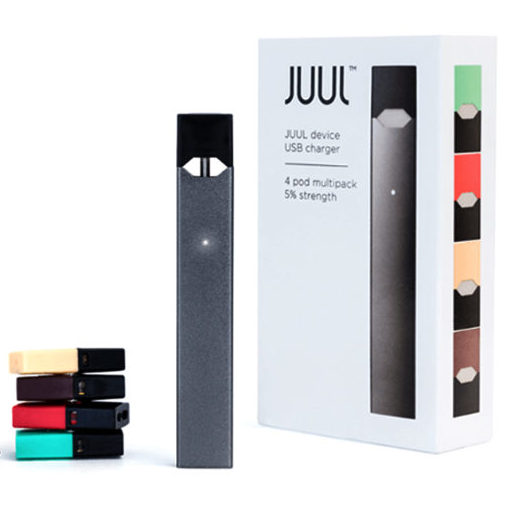E-cigarette company JUUL is facing a bellwether lawsuit that argues its top executives intentionally deceived customers about the addictive qualities of vaping products. Specifically, the suit blames the company’s founders and board members as well as their biggest investor, Altria, of using marketing campaigns to target young people and create a new generation of nicotine addicts.
Plaintiff Claims in E-Cigarette Bellwether Trial
At the end of July, U.S. District Judge William Orrick III refused to throw out most of the claims filed by 19 bellwether plaintiffs from 14 states in the multi-district class action lawsuit. Ultimately, he advanced both conspiracy and fraud claims, bringing the lawsuit closer to trial.
The plaintiffs are between the ages of 15 and 27 with some claiming they got hooked on e-cigarettes as young as 12 years old. They say that the e-cigarette company failed to warn consumers that their products were highly addictive. Allegedly, JUUL even falsely claimed in ads and on product labels that the pods contained 5 percent nicotine (that same amount in a pack of cigarettes) when, in truth, the levels are much higher. Additionally, they believe that JUUL marketed its vaping products as a “safer alternative” to cigarette smoking.
The Response of JUUL’s Top Executives
JUUL founders and top executives James Monsees and Adam Bowen asked the federal judge to dismiss claims of fraud, negligence, negligent misrepresentation, strict product liability, and medical monitoring, arguing that they were not personally involved in the testing, design, marketing, or sale of the vaping products. However, Judge Orrick rejected their claims, believing that the plaintiffs “adequately alleged that both Monsees and Bowen engaged in acts that had the intent and impact of misleading the public and plaintiffs about the dangers of JUUL.”
The judge also refused to let three board members — Nicholas Pritzker, Hoyoung Huh, and Riaz Valani — off the hook for fraud and negligence, finding them to have a direct role in the alleged wrongdoing.
In an earlier court decision from April, Judge Orrick ruled that Altria and JUUL’s board members could potentially be held liable under the Racketeer Influenced and Corrupt Organizations Act. These claims are the result of the belief that the defendants treated JUUL like an illegal enterprise and conspired to target young people and create a generation of nicotine addicts, omit necessary information about nicotine content, and mislead government regulators in an effort to continue selling to children.
For more information about the investigation into JUUL, contact us today.
Additional Reading:
JUUL Labs Faces “Substantive Scientific Review” from the FDA

